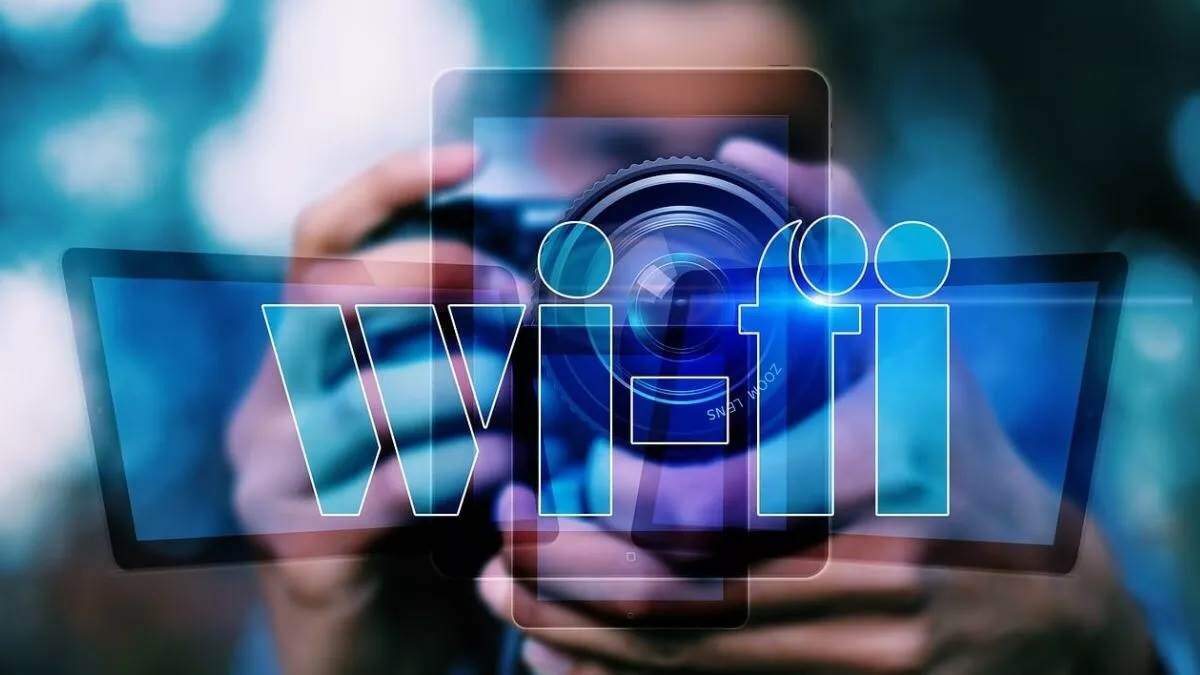If you’re using free public Wi-Fi, be careful. The government’s cyber security agency has advised caution when using free Wi-Fi. During the festive season, if you use public Wi-Fi services in public places, shopping malls or other places, you should take these precautions. Recently, the University Grants Commission (UGC) has also advised students not to log into their personal or professional accounts using public Wi-Fi. UGC has warned students that by using it, people may become victims of fraud or scams. What is free public Wi-Fi? Free Wi-Fi is usually available in public places such as bus stops, train stations, airports, cafes, restaurants and public libraries. In these places you can use the internet on your mobile phone, laptop or tablet without any active data plan. This type of Wi-Fi service is called public Wi-Fi. Connecting to the free Wi-Fi network requires a simple password. In many places, public Wi-Fi is kept on an open network, allowing anyone to access the Internet on their device. Why is free Wi-Fi dangerous? As the name suggests, anyone can connect their device to public Wi-Fi. Hackers can easily access these free Wi-Fi services and send viruses or malware to connected devices. This is why public Wi-Fi is vulnerable to data theft and hacking. Because public Wi-Fi services are free, security updates are often ignored, giving hackers the opportunity to gain access to connected users’ devices. Public Wi-Fi users should avoid accessing their email, banking and other services over free Wi-Fi. Take these precautions: As the name suggests, this type of free Wi-Fi service is for the general public. In such a situation, do not connect your phone or laptop to it unless absolutely necessary. If you’re using public Wi-Fi, don’t open any digital payment or social media apps. Share this story Tags
Attention Big fraud can happen using free WiFi, the government has shared important security measures
